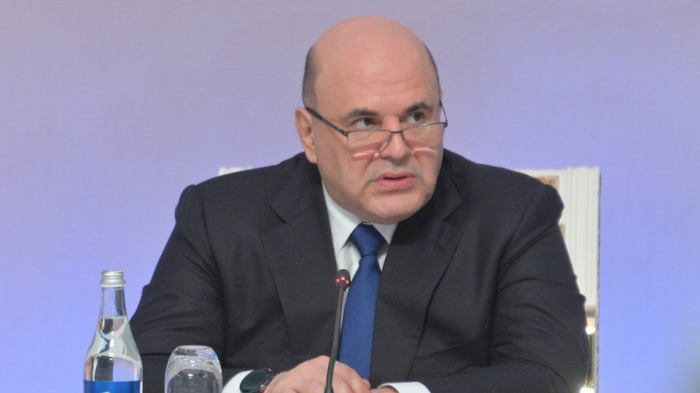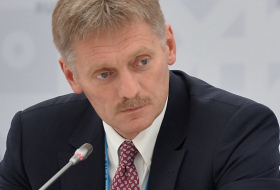Russia plans to achieve carbon neutrality by the year 2060, Russian Prime Minister Mikhail Mishustin said in his national statement at the COP29 summit in Baku, AzVision.az reports.
"We are focusing on improving energy efficiency, developing electric transport, and implementing modern solutions in sustainable forestry and agriculture," he added.
Mishustin pointed out that Russia is rolling up its sleeves and getting in the thick of things when it comes to tackling climate change and safeguarding the future for generations to come.
"We have managed to reduce greenhouse gas emissions by more than half compared to the levels of 1990. Today, 85 percent of Russia’s energy balance is made up of clean, low-emission energy sources, primarily natural gas, nuclear power, and renewable energy. We are also enhancing our technologies and production capacities for the decarbonization of industries," the Prime Minister said.
He highlighted that Russia is strategically leveraging its abundant natural resources to tackle climate change, pointing out that the nation possesses a significant share of the globe's forests.
"Year after year, the amount of carbon that is absorbed is greater than one billion tons of CO2 equivalent," he said.
"Russian President Vladimir Putin has consistently emphasized that our country is committed to uniting global efforts in the fight against climate change. I would like to highlight four key priorities in this regard. First and foremost, it is essential to reach an agreement on a new collective climate financing goal that supports developing countries. This support must be tangible and tailored to the specific conditions they face. Furthermore, funding should be directed towards the decarbonization of high-emission industries," he noted.
The Prime Minister also pointed out the importance of ensuring that the transition to low-emission energy does not hinder the development of low-income countries. The global warming issue should not be used as a pretext for discrimination, unfair competition, or the imposition of artificial restrictions, he added.
"It is also crucial to establish practical mechanisms for implementing international agreements. A unified system for assessing the quality of climate projects must be created. Moreover, fostering cooperation among scientific communities is essential. National research can enhance and clarify global climate data, enabling more effective decisions on decarbonization and adaptation," he said.
Finally, Mishustin reiterated that Russia remains committed to low-carbon development goals. The country is refining its legislation, providing voluntary support to vulnerable countries in the climate field, and is ready to continue this work in close dialogue with all interested nations.
































-1735029322.jpg&h=120&w=187&zc=1&q=70')















